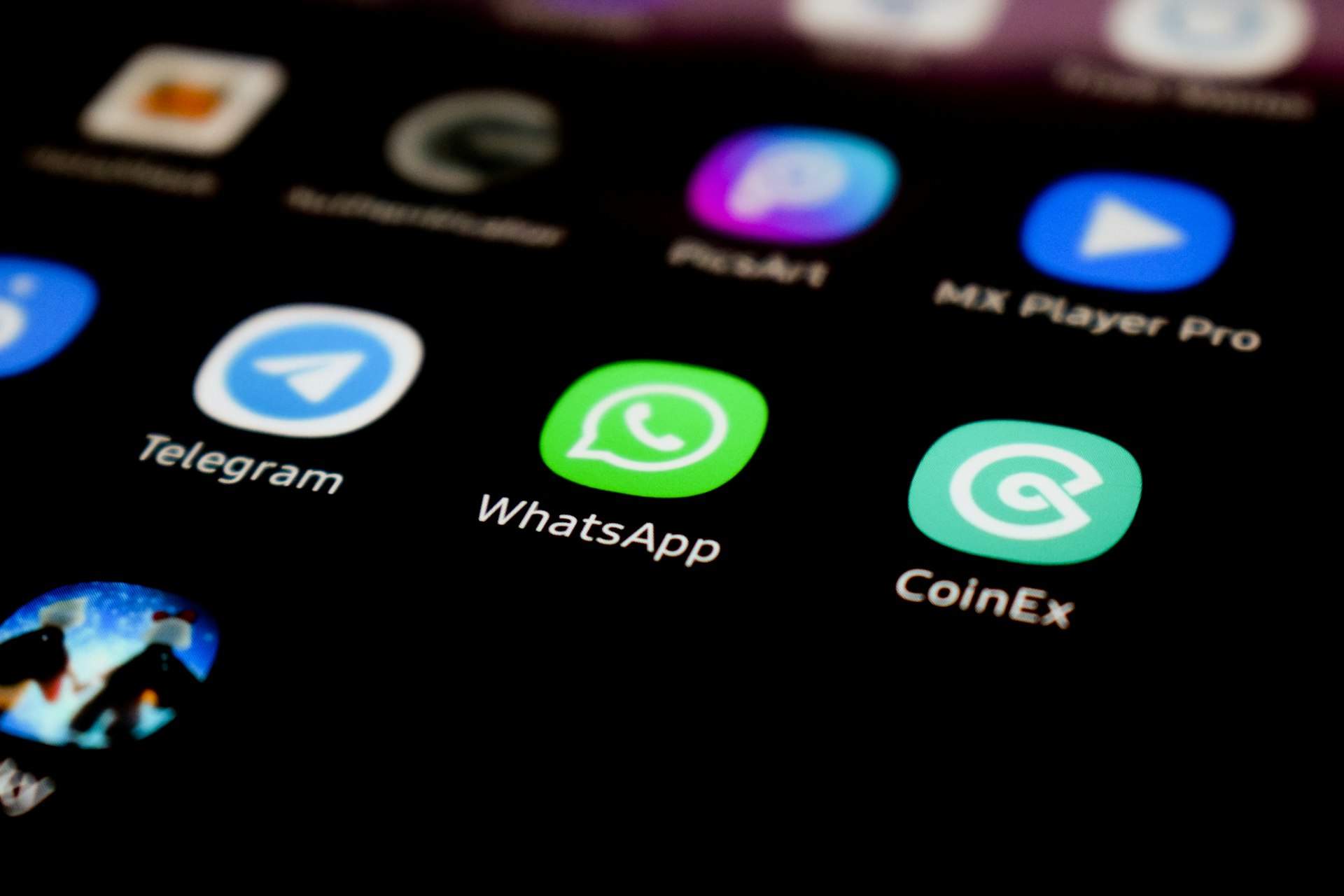
WhatsApp has been making headlines in India recently because of a clash between the messaging app and the Indian government. This clash centers around a key feature of WhatsApp: end-to-end encryption. This encryption scrambles messages so only the sender and receiver can understand them, making your chats super private.
Here's what's got everyone talking:
The Government Wants Tracking: The Indian government recently passed new rules that require social media platforms like WhatsApp to be able to identify the original source of messages, particularly those that spread misinformation or rumors. This would help them track down and potentially punish the people starting these rumors.
WhatsApp Says No Way: WhatsApp argues that breaking their encryption to track message originators is impossible. Since messages are scrambled, they can't see the content themselves. They also worry that weakening encryption could put user privacy at risk, making chats vulnerable to snooping by hackers or even governments.
The Stakes Are High:
Privacy vs. Security: This situation highlights the ongoing debate between privacy and security. WhatsApp argues strong encryption is essential for user privacy, while the government believes it's necessary to track down those spreading harmful content.
Millions of Users Affected: With hundreds of millions of users in India, WhatsApp is a vital communication tool. If they're forced to leave the market due to the encryption issue, it would be a massive disruption for many people and businesses.
The Future is Uncertain:
There are currently talks between WhatsApp and the government to find a solution. Ideally, they'd find a way to address the government's concerns about misinformation without compromising user privacy. This could involve other methods of tracing bad actors, or perhaps new technologies that enable limited message tracking without breaking encryption entirely.
So, why is this in the news? It's a battle between a powerful messaging app and the government, with user privacy and national security at stake. The outcome will not only affect millions of Indians who rely on WhatsApp, but could also set a precedent for how governments and tech companies handle encryptionWhatsApp has been making headlines in India recently because of a clash between the messaging app and the Indian government. This clash centers around a key feature of WhatsApp: end-to-end encryption. This encryption scrambles messages so only the sender and receiver can understand them, making your chats super private.in the future.